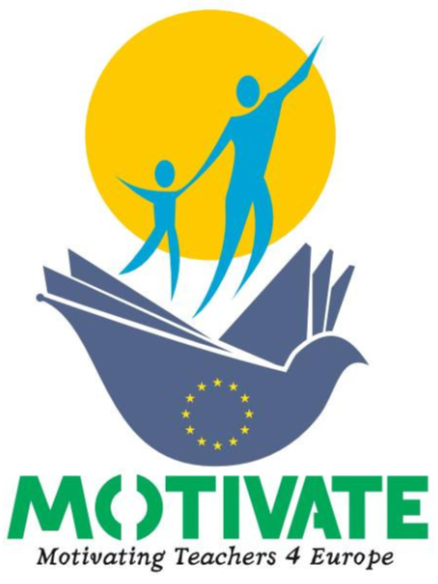In the Motivating Teachers 4 Europe (MOTIVATE) project, two milestone actions were carried out in order to collect more accurate data on the needs of the project. The first action is a survey on what motivates teachers to teach the EU in schools. The second action consists of a mapping of EU courses in twenty-three university departments of teacher education and corresponding undergraduate programs in nine Greek universities.
The MOTIVATE Survey identifies teachers’ motivations for teaching the EU in schools. The teachers participating in the survey came from different levels of education including primary, secondary, and vocational education and training (VET) schools, as well as school principals. The aim of the study was to examine the possible influence of psychographic factors on teachers’ tendency to integrate EU-related issues into their teaching. For this purpose, personality traits necessary for teachers’ roles such as agreeableness, extraversion, openness, neuroticism and conscientiousness and a number of different psychological concepts such as autonomy, competence, relatedness, burnout, job satisfaction, self-efficacy, anxiety and overall well-being were studied. The study sample consisted of 161 teachers with an average of 16.4 years of teaching experience. Through the survey, the following profiles of teachers emerged: the EU Pedagogy Enthusiast, the intellectual researcher, the multi-faceted motivator and the Proactive EU Integrationist.

